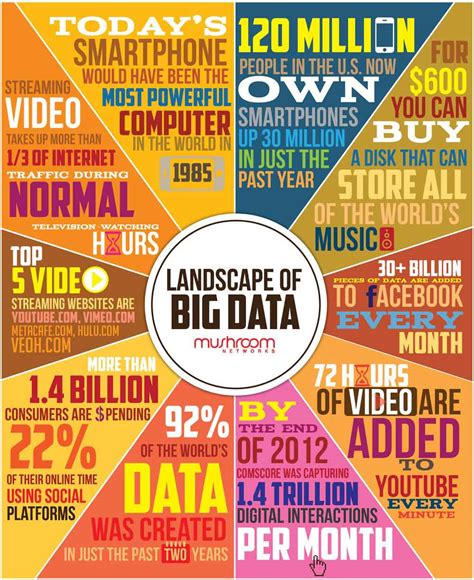As the landscape of technology rapidly evolves, new tools and terms take the forefront while others quickly become relics of the past. In recent times, the buzz around “Big Data” appears to have dissipated, leading some to declare it dead. This notion raises an important question: Is Big Data truly dead, or has it undergone a transformation, evolving into something new and, perhaps, more formidable?
Historically, the concept of Big Data was underpinned by the notion that collecting and analyzing large datasets could unlock unprecedented insights and drive smarter decision-making. Technologies like Hadoop and MapReduce were hailed as revolutionary, providing the backbone for processing colossal data amounts. However, despite its potential, many companies found themselves grappling with the complexity, cost, and practicality of implementing Big Data solutions in their operations.
The comments and discussions surrounding this topic echo a broad spectrum of opinions. Some argue that the hype around Big Data far exceeded its practical applications. For instance, one commentator pointed out that companies chasing Big Data often misunderstood the core issues, leading to over-engineered solutions that did little beyond accumulating unwieldy amounts of data. This reflects a broader sentiment echoed within the tech community: most organizations’ actual data needs are far simpler than initially perceived.
From my own experience, it is evident that a significant portion of companies do not fall into the ‘Big Data’ category. The vast majority operate on datasets that comfortably fit into traditional relational databases like PostgreSQL or even SQLite. A detailed discussion by a user highlighted how today’s hardware capabilities have outpaced the original Big Data solutions. What once required vast, distributed systems can now be managed on a single, powerful server equipped with sufficient RAM and faster storage solutions like NVMe SSDs.
Yet, the essence of Big Data has not entirely vanished. Instead, it seems to have been assimilated into the broader field of AI and Machine Learning. AI technologies now leverage vast datasets using advanced neural networks to derive meaningful insights, a comment summarized aptly: ‘It has just been rebranded as AI.’ This shift encapsulates how Big Data’s principles remain relevant but are applied using new tools and methodologies. AI thrives on data – the more of it, the better the models perform. This symbiosis means that while the term ‘Big Data’ may be falling out of favor, its core concepts fuel today’s AI revolution.
Furthermore, another crucial takeaway from the discussions lies in the practical application of data management. One critical perspective pointed out that companies frequently fail at effective data management, leading to the axiom ‘garbage in, garbage out.’ Regardless of the technology stack – be it Big Data tools from the last decade or modern AI frameworks – poor data quality management renders sophisticated tools moot. This timeless principle implies that focusing on foundational data quality practices often yields more substantial benefits than adopting the latest technology fads.
Considering the varied viewpoints and the ongoing evolution of data technologies, it’s clear that Big Data per se isn’t dead. Instead, it has morphed, adapted, and integrated into new paradigms. By understanding these shifts, companies can better align their data strategies with their actual needs, leveraging existing technologies more effectively and avoiding unnecessary complexity. Ultimately, whether it’s through advanced SQL databases, cloud-based analytics tools, or AI-driven insights, the goal remains the same: to use data to make better decisions and drive innovation.


Leave a Reply